MercoPress. South Atlantic News Agency
Tag: UK Office for National Statistics (ONS)
-
Thursday, September 21st 2023 - 20:37 UTC
Falling prices for dairy and vegetables help a surprise fall in UK August inflation
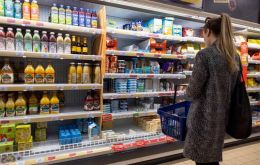
Falling prices for milk, cheese, and vegetables helped drive a surprise fall in United Kingdom inflation in August, with prices now rising at their slowest rate in a year-and-a-half.
-
Friday, April 27th 2018 - 12:36 UTC
UK economy grows at its slowest since 2012 in Q1; pound falls to US$ 1.380
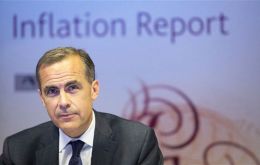
The UK economy grew at its slowest rate since 2012 in the first quarter of the year, the Office for National Statistics (ONS) has said. GDP growth was 0.1%, down from 0.4% in the previous quarter, driven by a sharp fall in construction output and a sluggish manufacturing sector.
-
Friday, February 23rd 2018 - 09:35 UTC
UK economy grows at the slowest pace among world's wealthiest countries
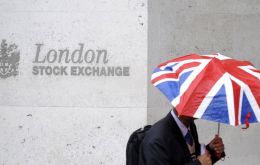
The UK economy expanded by less than previously thought in the last three months of 2017, official figures say. GDP grew by 0.4% in the October-to-December period, the Office for National Statistics (ONS) said, down from the initial estimate of 0.5%. The revision was due to slower growth in production industries, the ONS said.
-
Thursday, February 15th 2018 - 09:37 UTC
For the first time in seven years, Euro-zone economy grew faster than UK in 2017
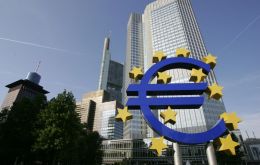
For the first time in seven years, the Euro-zone's economy grew quicker than the UK's last year, according to data from Eurostat released on Wednesday. The preliminary growth estimates for the final quarter of 2017 showed the bloc of Euro nations growing at a combined 2.7% over the course of the year, having expanded 0.6% in the final quarter alone.
-
Saturday, August 23rd 2014 - 07:02 UTC
Bank of England minutes show some members voted to raise interest rates

Two members of the Bank of England's Monetary Policy Committee (MPC) voted to raise interest rates in August, the first time in three years that policymakers have done so. The minutes of the meeting on 6-7 August show Ian McCafferty and Martin Weale voted for a 0.25% rise to 0.75%. It means the nine-member MPC voted 7-2 to hold interest rates at their historic low of 0.5%.
-
Saturday, January 12th 2013 - 12:13 UTC
More signs that the UK economy contracted in the last quarter of 2012
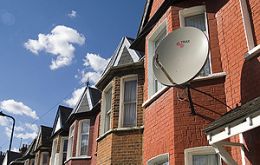
Disappointing figures on industrial production and construction in November have added to fears that the UK economy contracted in the last quarter of 2012. The index of production grew 0.3% in November, compared with October, but had been expected to grow more as some North Sea oil and gas production resumed following maintenance.
